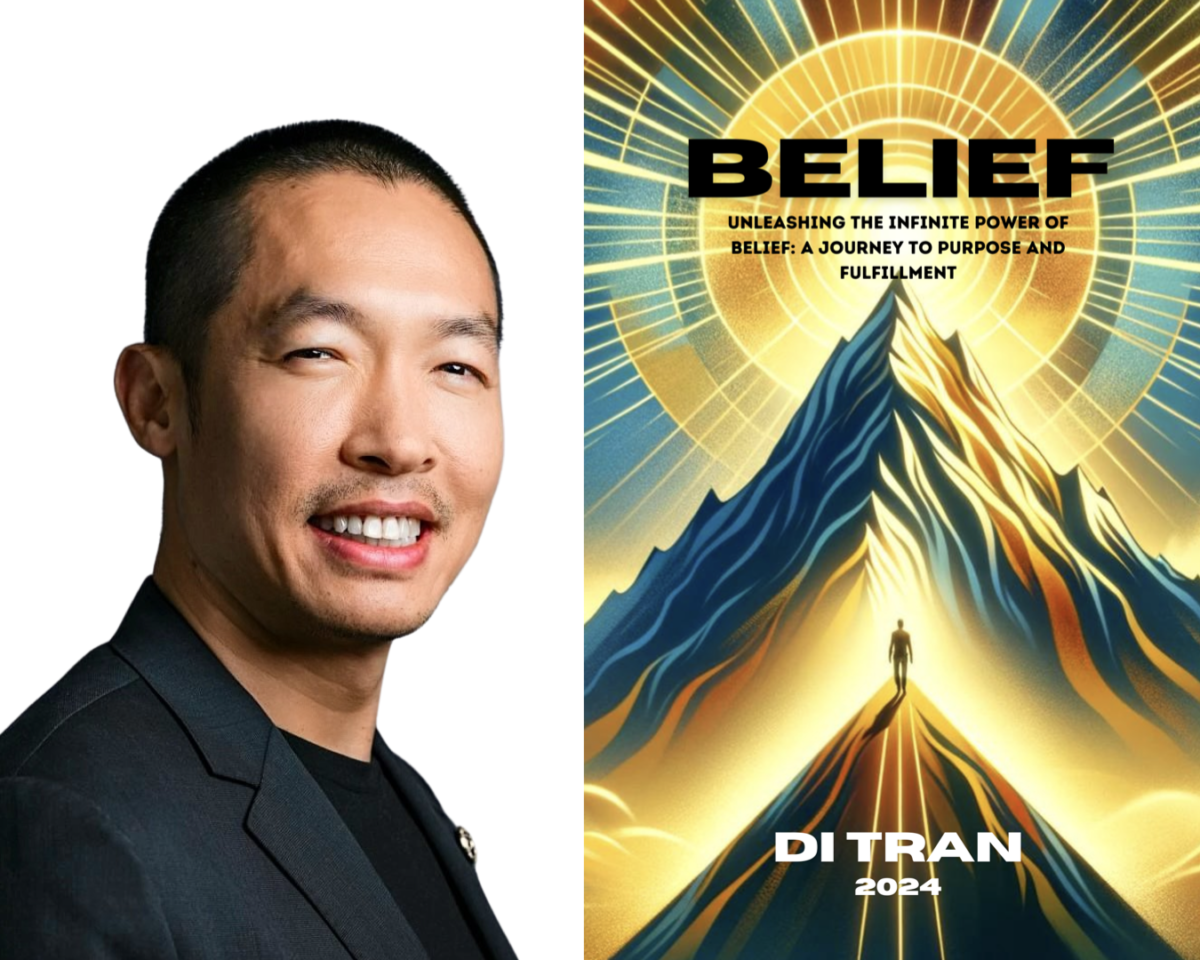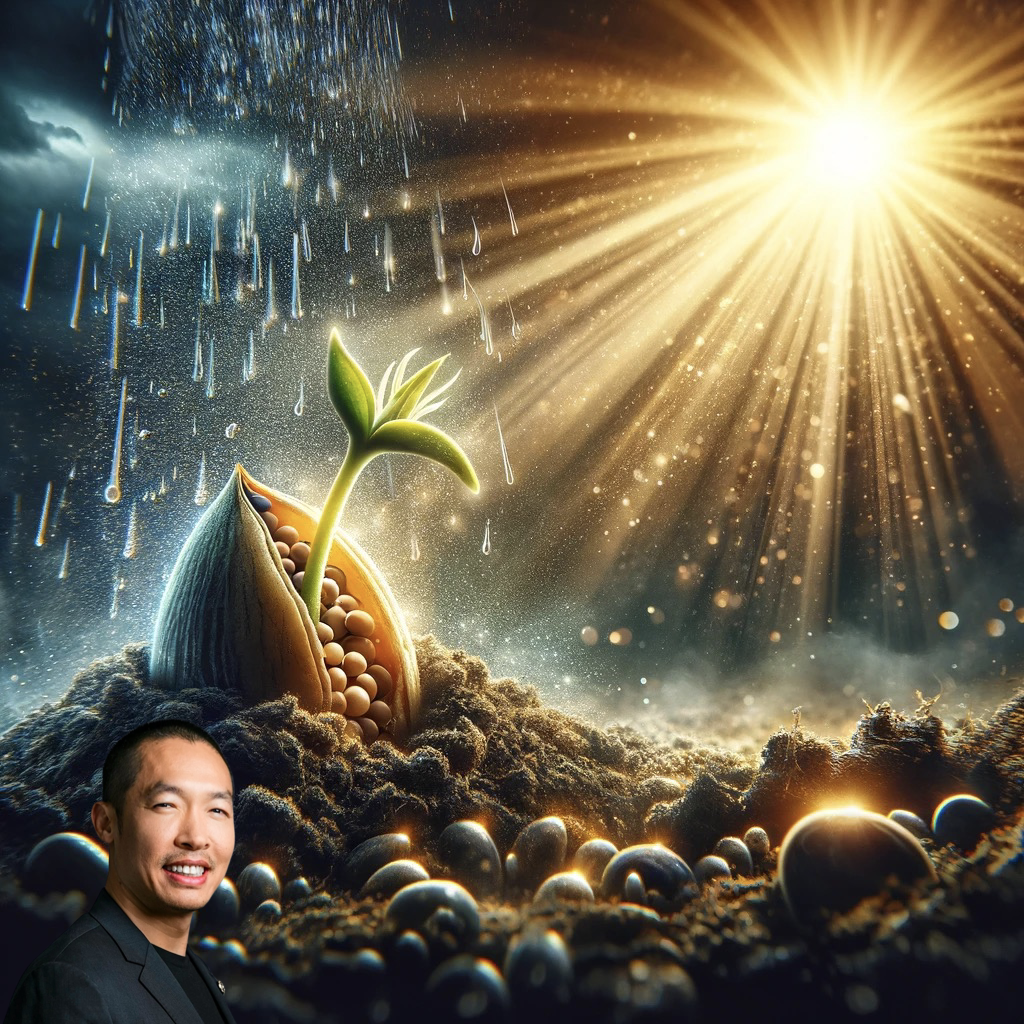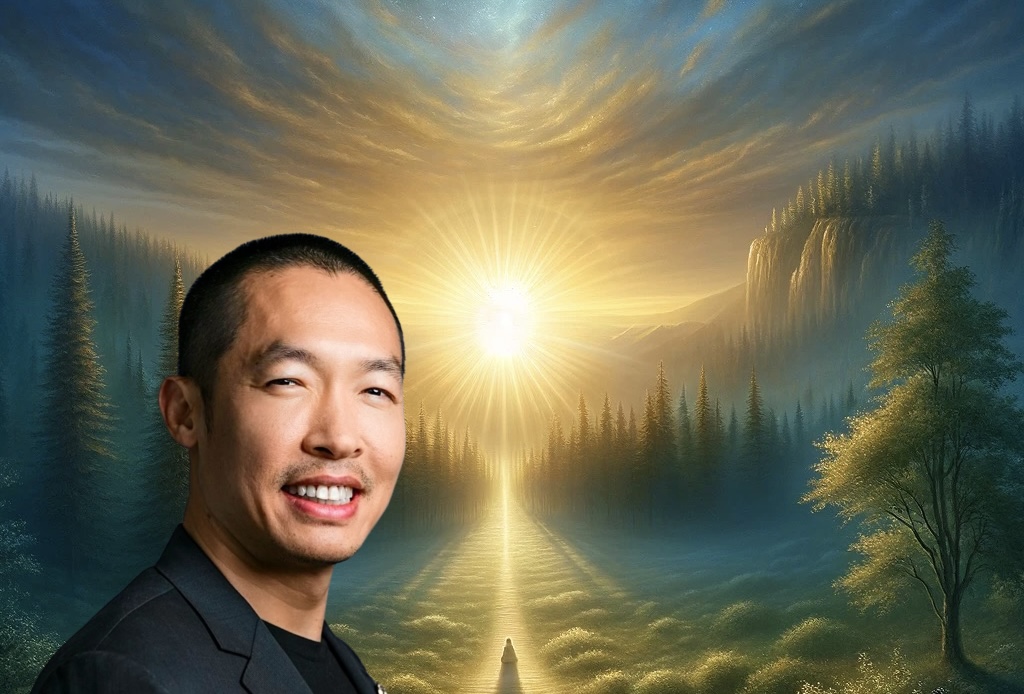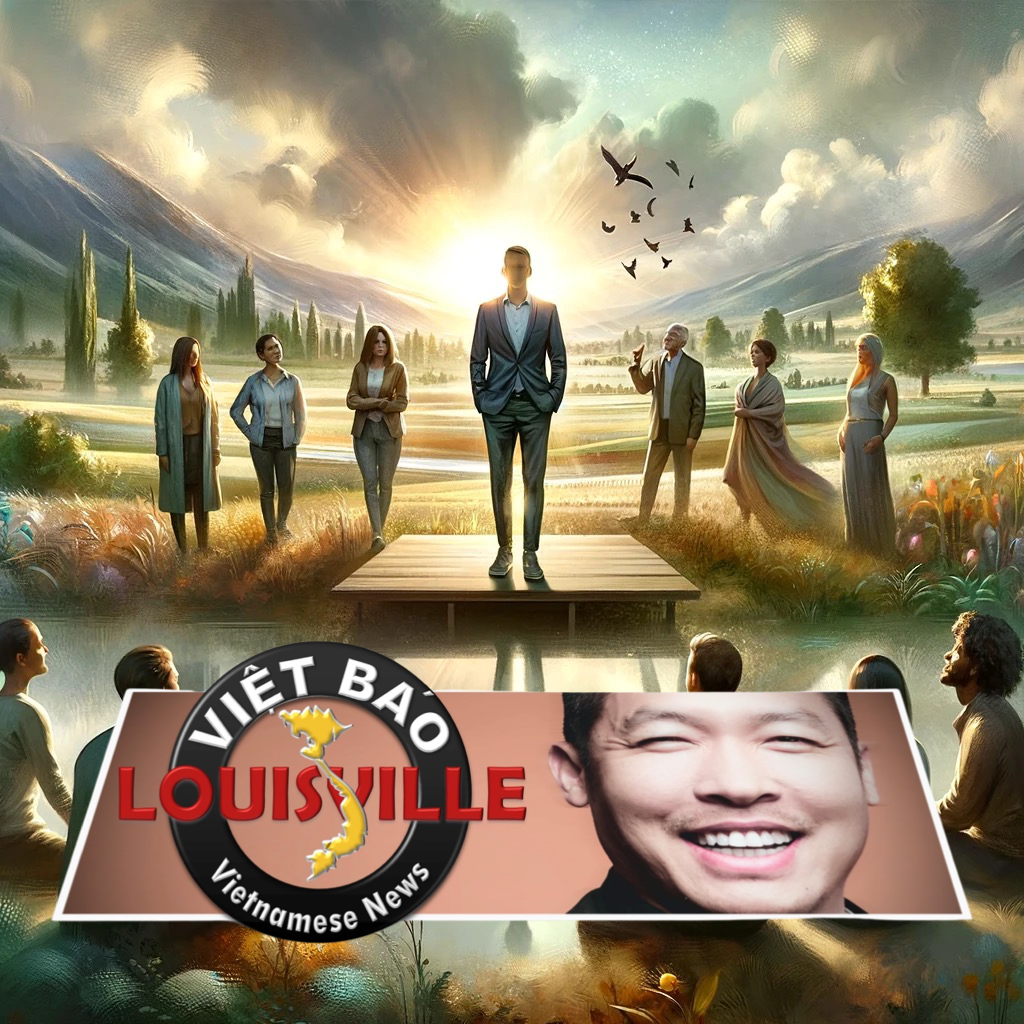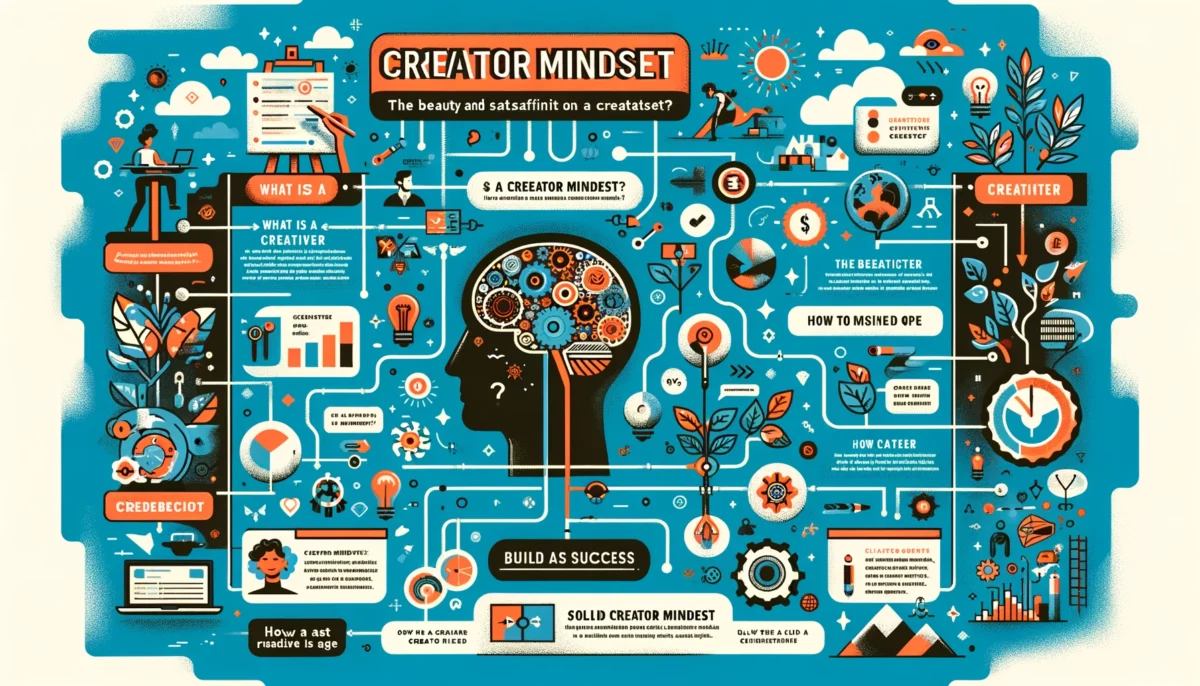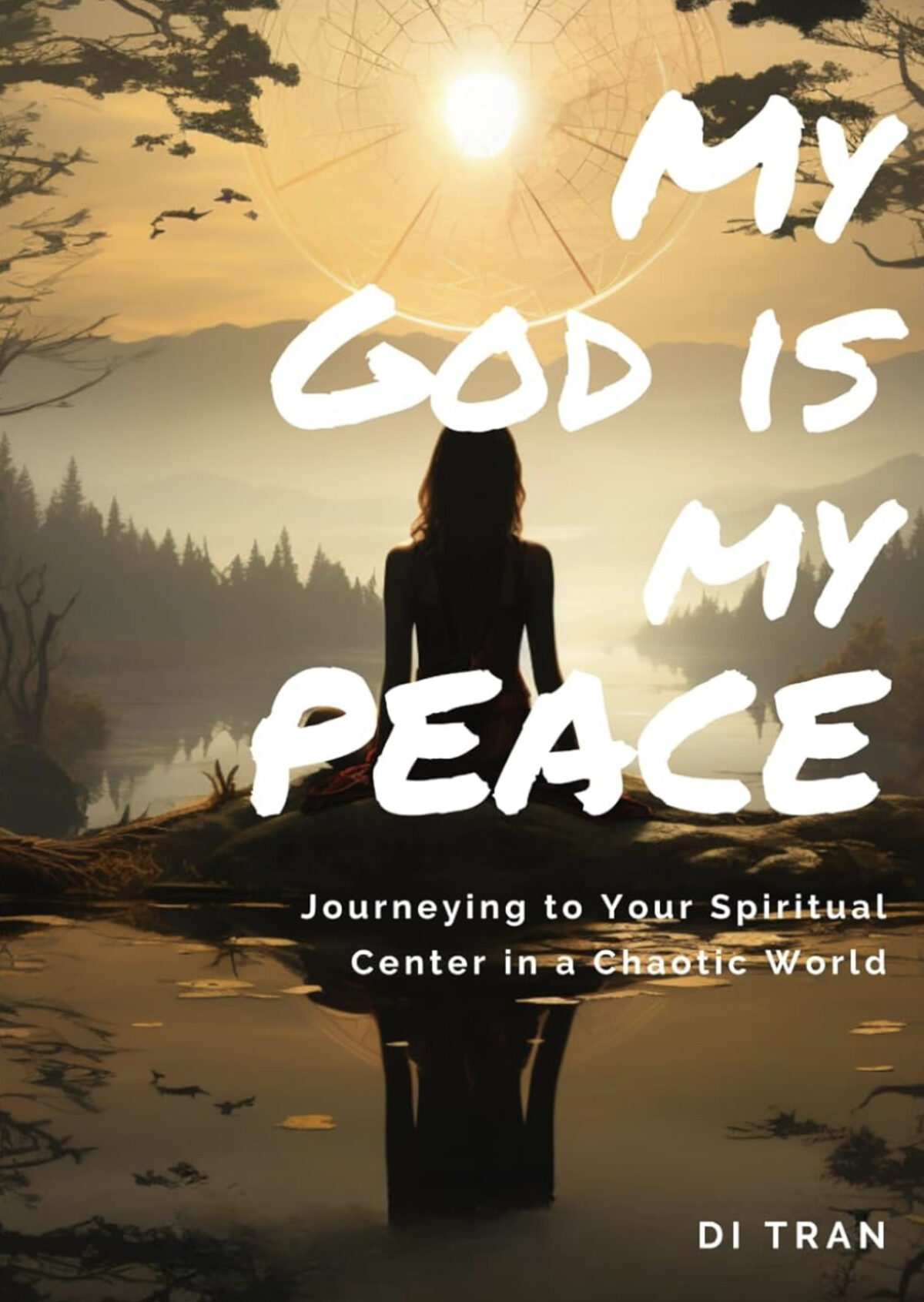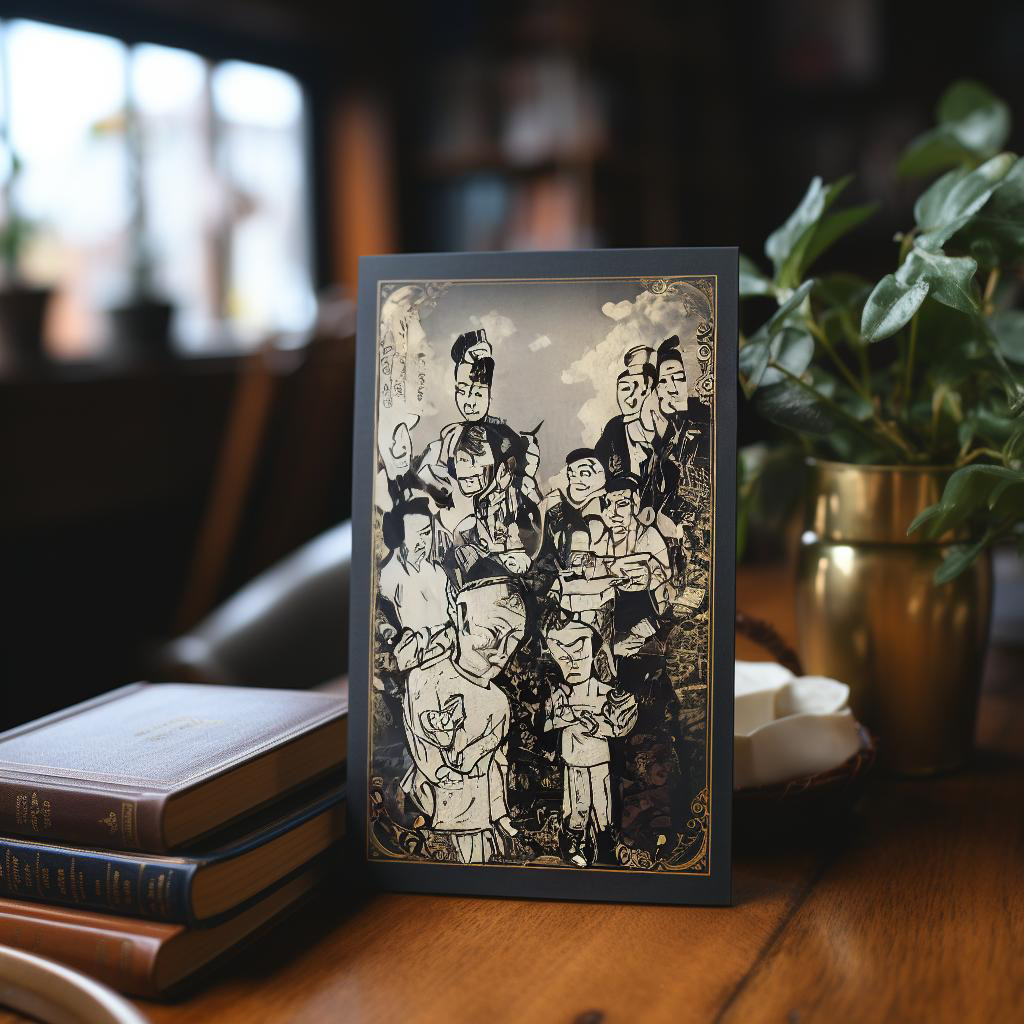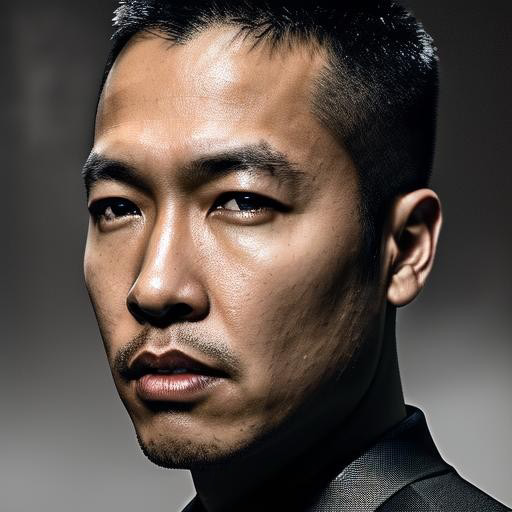In a world often clouded by doubt and uncertainty, Di Tran’s latest book, “BELIEF: Unleashing the Infinite Power of Belief – A Journey to Purpose and Fulfillment,” emerges as a beacon of inspiration and guidance. This compelling work is not just a book; it’s an odyssey that takes readers through the transformative power of belief, showcasing how it shapes our reality, influences our decisions, and drives our actions.
Di Tran, a visionary entrepreneur, dedicated educator, and inspiring mentor, shares his remarkable journey from Vietnam to the United States, embodying the power of belief and determination. Through a blend of personal anecdotes, practical advice, and philosophical insights, “BELIEF” offers readers a comprehensive guide to harnessing the power of belief for personal growth and success.
The book delves into the multifaceted nature of belief, exploring topics such as overcoming doubt and fear, embracing unique purposes, and navigating life’s changes. Each chapter provides valuable insights into different aspects of belief, empowering readers to unlock their full potential and lead a life of purpose and fulfillment.
One of the key messages of “BELIEF” is the importance of understanding belief as a fundamental force in life. Di Tran illustrates how belief is not just a passive state of mind but an active force that shapes our reality. He shares personal experiences of how belief propelled him forward, even when faced with challenges and uncertainties.
The book also emphasizes the role of autonomy and freedom of thought in cultivating a strong belief system. Di Tran encourages readers to think independently, make their own choices, and live authentically according to their values and beliefs. He shares strategies for navigating the balance between belief and autonomy, ensuring that beliefs are genuinely held and serve the individual’s best interests.
“BELIEF” is an invitation to embark on a journey of self-discovery, growth, and transformation. It is a testament to the power of belief in overcoming obstacles and achieving one’s dreams. Di Tran’s story and insights inspire readers to embrace their beliefs and allow them to guide their lives.
In conclusion, “BELIEF: Unleashing the Infinite Power of Belief – A Journey to Purpose and Fulfillment” is a must-read for anyone seeking guidance in their personal journey, inspiration in their professional endeavors, or simply exploring the depths of human potential. Di Tran’s book provides a perspective that is both enlightening and empowering, offering a roadmap to a life of purpose and fulfillment through the power of belief.

